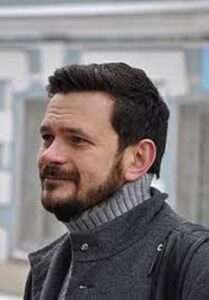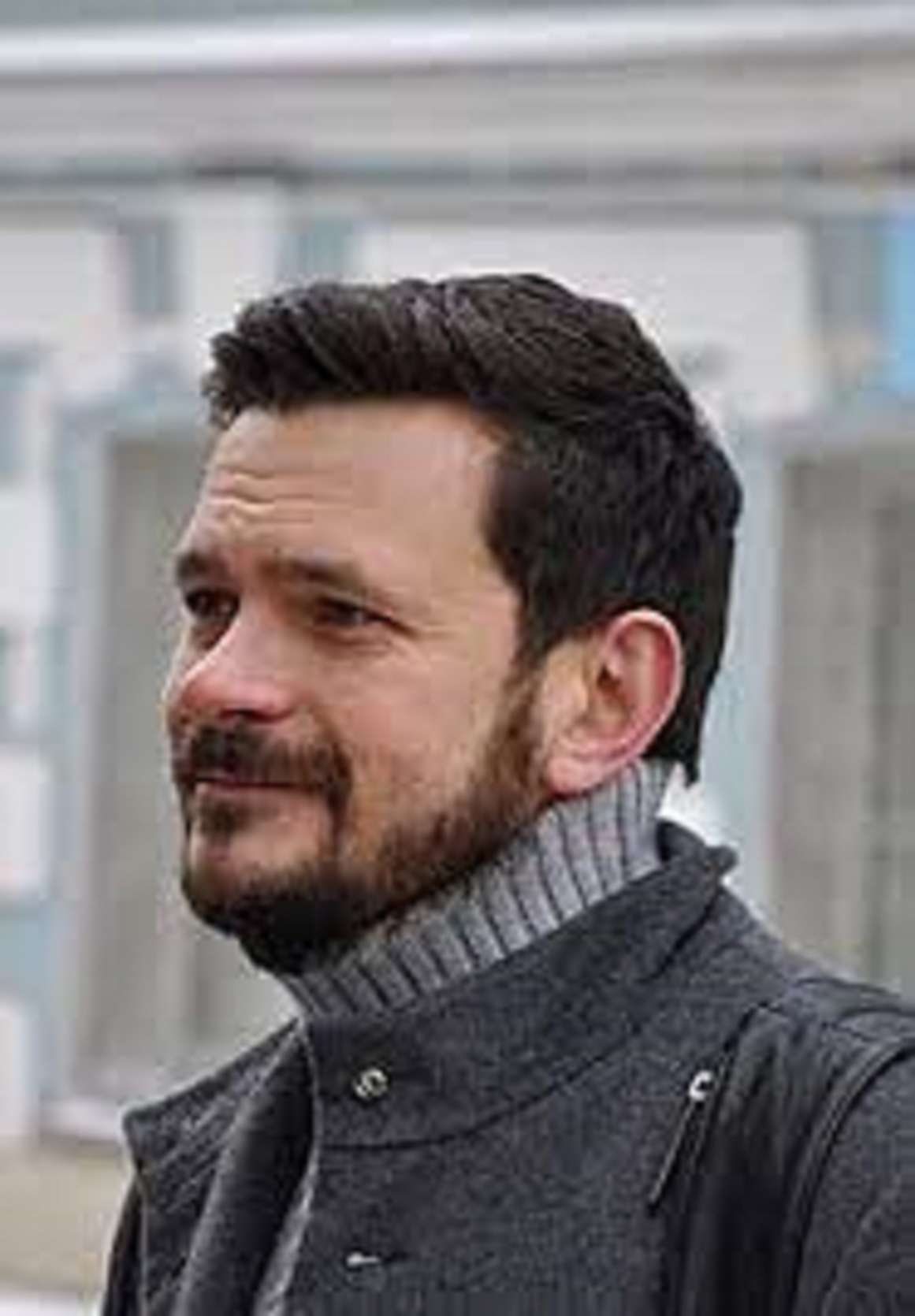
Russian opposition leader Ilya Yashin was recently sentenced to 8.5 years in prison for using his YouTube channel to expose evidence of Russian military atrocities in Ukraine. the time Recently Yashin released a message to the world, from behind bars (English version here, Russian here). In it Yashin cautions us against holding the Russians as a group collectively responsible for the war. Doing so is morally wrong, and likely strengthens Vladimir Putin’s hold on power. Such accusations of collective guilt have become increasingly common, particularly reflected in the widespread refusal to grant asylum to Russians fleeing Putin’s regime, on the theory that they are responsible for its actions.
We would do well to heed Yashin’s warning against such thinking:
Soon, a year will pass since the Kremlin’s war against Ukraine began. It has claimed thousands of lives, destroyed entire cities and displaced millions of families. Vladimir Putin, the one responsible for this tragedy, has become a true symbol of evil, condemned around the world. But it also seems that, more and more, the Russian people are considered the enemy. The main charge against the Russians: You have not resisted your government’s aggressive policies, and that makes you an accomplice to war crimes.
My name is Ilya Yashin, an anti-Russian politician who has been imprisoned by the Kremlin since the middle of last summer. I was sentenced to 8.5 years in prison, because I publicly spoke out against the war in Ukraine. But today I want to say something for the sake of my nation.
First: We resisted. Since the start of the war and throughout 2022, Russian police have arrested nearly 20,000 opponents of the war. According to human rights groups, since February 24, 2022, there have been protests almost every day in various cities and only 18 of those days have passed without arrests and detentions….
Second: People are running away from Putin. In the past year, about 1 to 1.5 million people have left Russia [the English version says 700,000, relying on an October 2022 article that, among other things, cannot take account of those who fled since then]. Most of them emigrated, not wanting to be involved in military aggression. I would like to draw attention to the fact that at least twice as many people ran away than were drafted for military service. Yes, you can blame those who chose escape instead of resistance, prison and torture. But the reality is that millions of my countrymen have left their homes refusing to become murderers at the behest of the government.
Third: Those who remain in Russia are living as hostages. Many of them do not support the war, but remain silent, fearing repression….
I appeal to the international community to choose wisdom. Don’t denigrate Russians, because such rhetoric will only strengthen Putin’s hold on power. By shifting the blame for war crimes from the Kremlin junta onto my fellow citizens, you are reducing the moral and political burden on the Putin government…. I see this as a serious mistake…
I believe the Russians can be allies of the free world in resisting tyranny. Reach out to my countrymen.
[I have in some places revised Time’s translation to better reflect the Russian original; I am a native speaker of Russian, and thus in a position to make such judgment calls].
As Yashin suggests, narratives of collective guilt are wrong in themselves—conflating the innocent with the guilty. Additionally, they lend credence to claims that Westerners are hostile to Russians, and lend credibility to regime propaganda.
His argument can be extended in several ways.
First, I wonder how many Russians are guilty of not protesting enough, would they be willing to do so if they were in Russia right now, and speaking out would mean risking a long prison sentence like Yashin? We should be careful about imposing standards on others that we would not live as ourselves if we were in their place.
Second, as I have argued repeatedly since the beginning of the war, both moral and pragmatic considerations suggest opening our doors to Russians fleeing the regime, just as we have – to a large extent – done to Ukrainian refugees (I cannot easily be accused of neglecting the latter reason). . Large-scale emigration implies Yashin, although the only refuge for most of these peoples is in poor and often unstable countries such as Kazakhstan and Turkey. If rich and free western democracies can go, many more can come. Thus, more repression would be unleashed, and the “brain drain” and manpower loss imposed on Putin’s regime would be greater. To the extent that theories of collective guilt are used to exclude Russian immigrants, they are having a profoundly damaging effect.
Finally, it is in the long-term interests of both Ukraine and the West to express less negative attitudes towards the Russian people. Military action could enable Ukraine to expel Russian troops from its territory and end the immediate threat of conquest. But the long-term threat posed by the Russians will only dissipate if Putin’s authoritarian nationalist regime is replaced by a more liberal one that eschews oppression and conquest. Such an outcome is far from certain. But, at the margin, this would be easier to achieve if Russians did not see the liberal democratic world as an enemy who hates them indiscriminately. While helping Ukraine defeat Putin on the battlefield, we should also reach out to Russians who can finally end his rule.
None of this means that Putin is solely responsible for the war and its consequences. Apparently, he has many accomplices, some of whom are responsible for horrific atrocities. Those individuals deserve condemnation and – where possible – punishment. But we should distinguish between them and the population, broadly. Indeed, punishment for war crimes is another goal that – perhaps – can only be achieved through the liberalization of Russia. As long as the current government remains in power, little can be done to bring the highest level of war criminals to justice.
I critique theories of collective guilt here in more detail, including addressing claims that ordinary citizens of unjust authoritarian regimes are to blame if they approve of the government’s policies.
It’s worth noting that it’s hard to say what percentage of Russians actually support the government and its war, as survey respondents have a strong incentive to give pro-government answers for fear of punishment under strict censorship laws enacted last year, which prevent even referring to the conflict as a “war.” make a crime (as opposed to a “special military operation,” the official Kremlin euphemism). But the combination of mass casualties and the government’s resort to harsh repression suggests that there is much more opposition than may be visible on the surface. If the vast majority of Russians truly supported Putin’s war, the regime would not have needed to engage in repression on this scale and we would not have seen such a large exodus.
Yashin may be too optimistic about the extent of popular opposition to Putin. But Westerners who claim an absolute majority to support war are also mistaken.
Note: Despite the same first name, Ilya Yashin is no relative of mine. The name is a common one.

